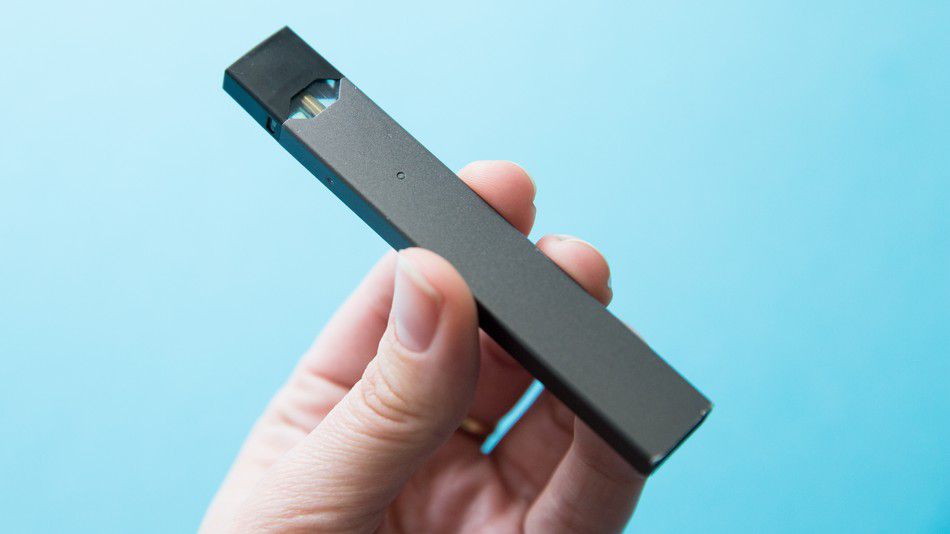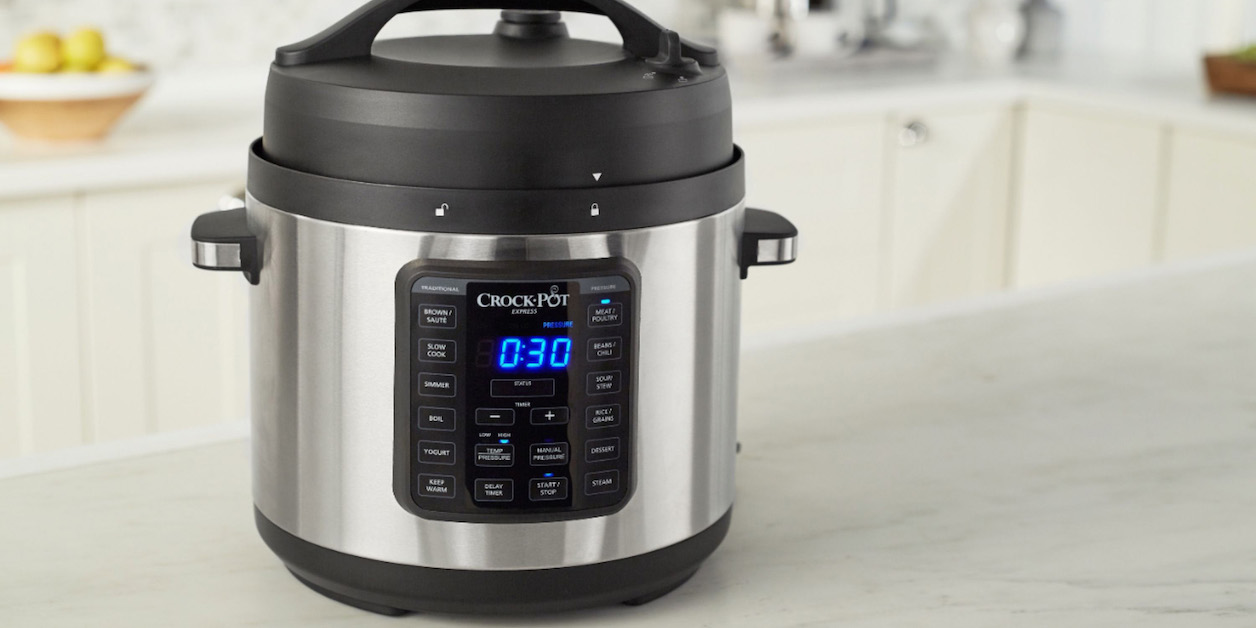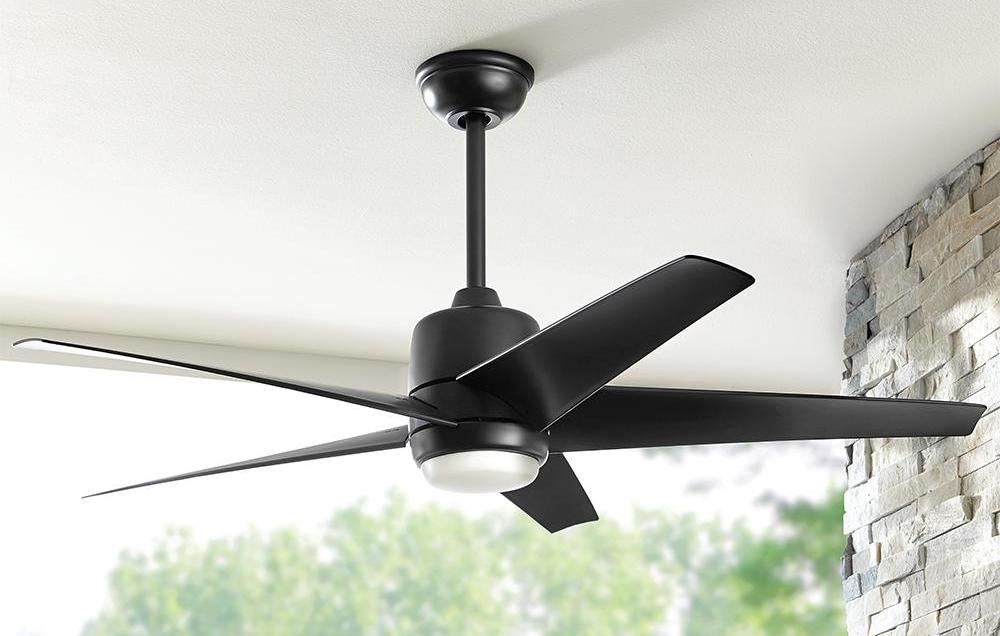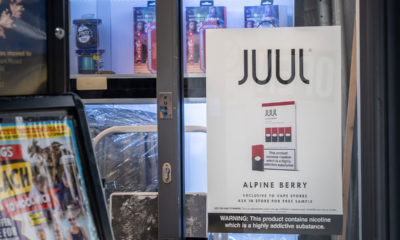As concern about the safety of e-cigarettes grows, market leader Juul is undergoing some major changes in the company and how it conducts business.
Juul will no longer advertise its products in the US. This includes print, TV and digital ads. It won’t fight the Trump administration on the goal of removing flavored products from the market until the Food and Drug Administration (FDA) is able to approve them. The manufacturer has stated that it would provide full support to all new federal policies on vaping.
The administration is in the process of initializing a ban on flavored electronic cigarettes, including those with menthol and mint flavors.
Changes in Juul
Also during this time, the CEO of Juul, Kevin Burns has stepped down from his position. He will be replaced by K.C. Crosthwaite, who was part of Altria, which is a tobacco company with a stake of 35 percent in Juul.
Crosthwaite has said he will work with federal regulators and policymakers in his new position to ensure the safety of youth. His goal with the company is to earn the trust of the public through open dialogue and by listening to their concerns. He said that he believes that in the future, more adults who currently smoke will turn to products like Juul.
There have been talks of a merger between Altria and Philip Morris, a leading tobacco manufacturer. However, those calls have ended and it has been decided that the two companies will remain separate.
Controversy surrounding Juul has risen with the increase in lung illness reports which have been linked to vaping. While Juul products aren’t the only ones in use by those who have become sick, it has received much negative attention due to its position as a market leader and the ads which are allegedly geared towards youth.
A Health Crisis
Many experts and critics believe it is the flavored products that have enticed the youth. Juul’s slim vaporizer design makes it easy for teens and kids to bring the device to school and elsewhere without being noticed. Since the device is smokeless, it can be difficult to catch kids vaping.
At this point, 530 cases of the illness have been reported. Nine people have died. The cases are spread throughout 38 states and the US Virgin Islands. The symptoms appear much like pneumonia, and often begin with shortness of breath. When the situation worsens, the person ends up in the hospital. Many cases have been on ventilation to help with breathing until they were able to recover.
Juul had been listed as one of the most popular e-cigarette manufacturers, but approval has declined since the start of the health scare. The FDA has sent multiple letters to Juul to make changes in advertising and to take action to prevent youth from obtaining vaping products. With the end of advertising and reduced availability of flavored products, it is hoped that the number of youth vaping will begin to decline and that the health crisis will come to an end.



































